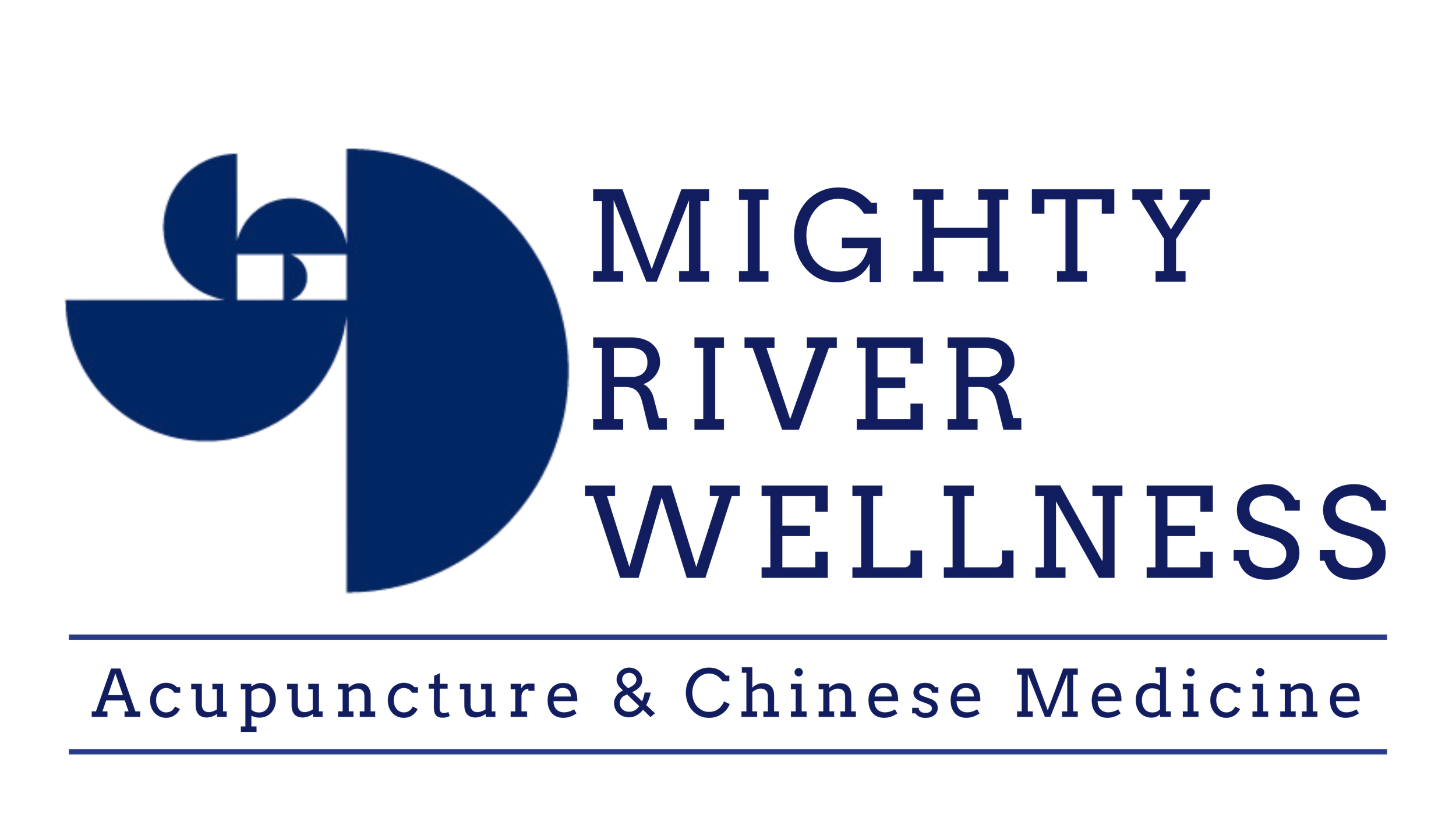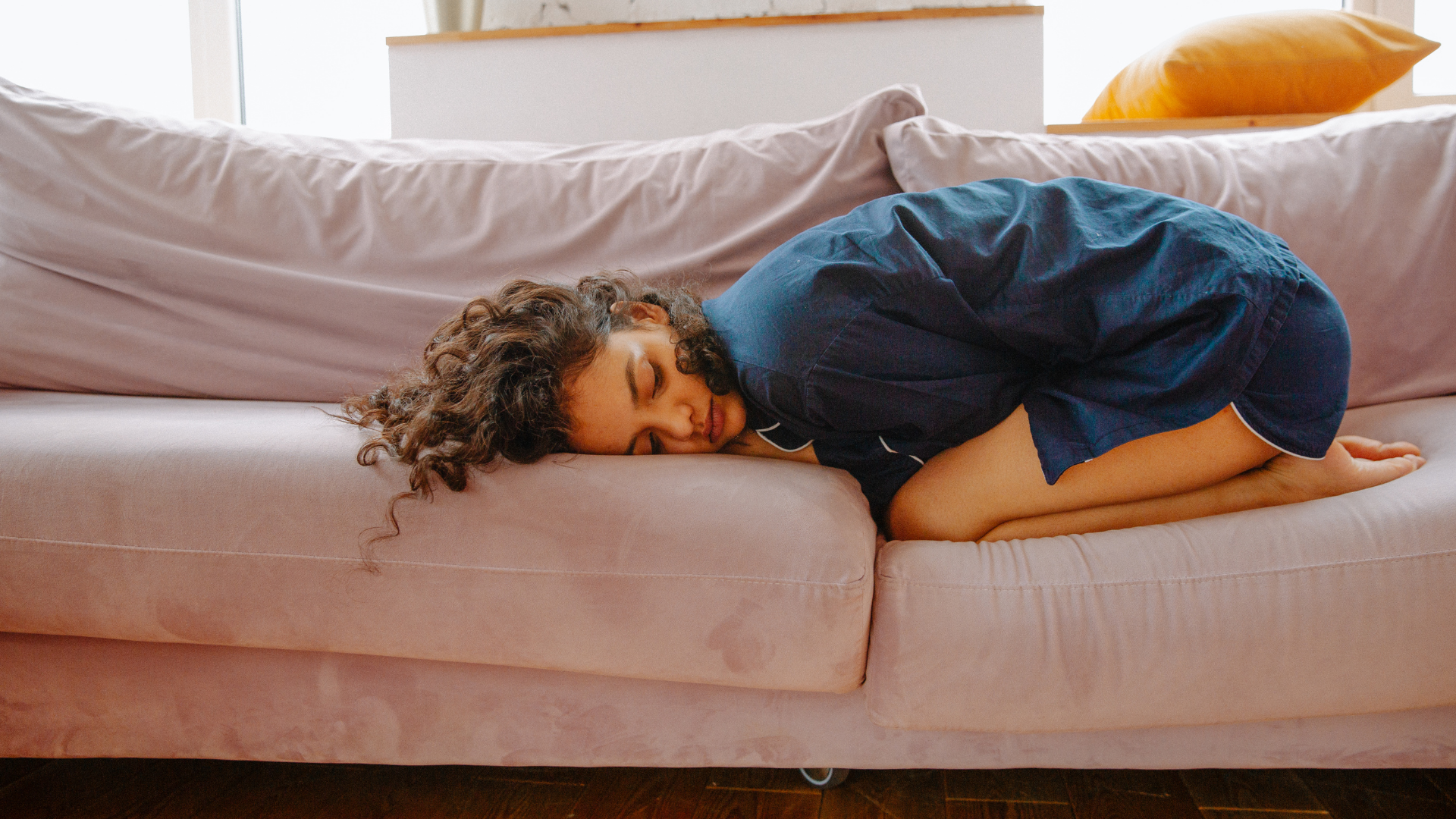Period Headaches: Why We Get Them & What To Do With Them
It’s one thing to be on your period and suffer from cramps. But to add unbearable migraines on top of that - it’s the worst.
One can wonder, why does this happen? Is it stress or is it physiological? It is just something that every woman goes through? Or am I the only one that has to deal with the horrible duo - migraines and menses.
Who Suffers From These Headaches?
It is estimated that over 60% of cycling women have experienced a hormonal migraine at least once in their life (Martin, V. T., & Behbehani, 2006). Usually the migraines follow a similar pattern. Traditionally, it is a throbbing one-sided, or two-sided headache accompanied by nausea or a photophobia.
Why Does This Happen?
A few days before a women’s period, there is a sharp decline in estrogen and progesterone. This abrupt hormonal shift can be the cause of these headaches and other PMS symptoms.
There is also a strong correlation between estrogen and progesterone levels and serotonin levels in the brain. This neurotransmitter can regulate mood, social behavior, digestive health, sleep, memory, sexual desire and function.
In addition to hormone fluctuations, headaches can be exacerbated by dietary choices, stress, and lack of sleep. Avoiding dairy, gluten, sugar and alcohol can help balance your hormones and mitigate the headaches intensity.
What To Do For Painful Period Headaches
1) Start tracking
Begin recording the days during your cycle that you are having migraines. This is easily done with apps like Clue. The more detailed your notes are the more you will be able to identify food that help or hinder your migraines.
a. Do your headaches get worse with stress?
b. Do they occur other times during the month?
c. Have you noticed any food triggers? This is where food journaling can be helpful
2) Get some acupuncture done
A recent study reflected patients headache symptoms improved after 4 weeks of consistent acupuncture treatments.
You can try it for yourself and see if it works. Book your appointment HERE.
3) Foods rich in these supplements can help
Begin incorporating foods high in magnesium and B2 which are known to reduce headache tension. Beets, figs, green leafy vegetables, and salmon are all high in magnesium. Some foods high in B2 or riboflavin are salmon, mushrooms, spinach, almonds and avocado. We have featured some more great magnesium rich foods on our Instagram so make sure to follow us there too.
References
Li, K., Zhang, Y., Ning, Y. et al. The effects of acupuncture treatment on the right frontoparietal network in migraine without aura patients. J Headache Pain 16, 33 (2015). https://doi.org/10.1186/s10194-015-0518-4
Martin, V. T., and Behbehani, M. (2006). Ovarian hormones and migraine headache: understanding mechanisms and pathogenesis--part I. Headache, 46(1), 3–23. https://doi.org/10.1111/j.1526-4610.2006.00309.x



